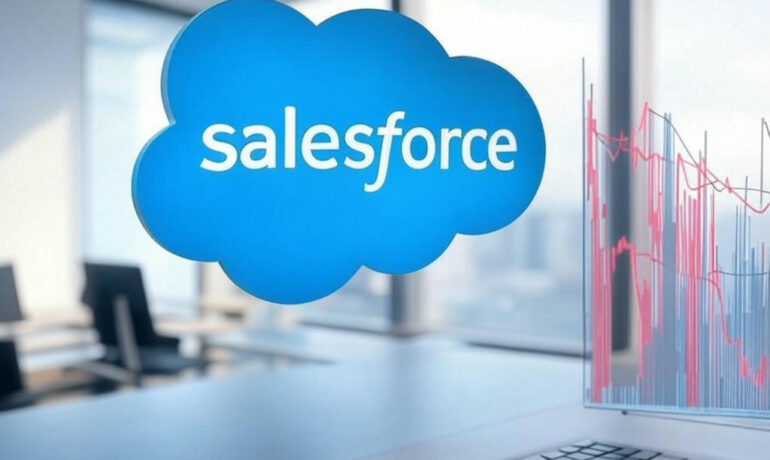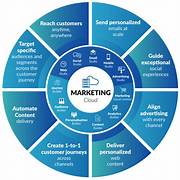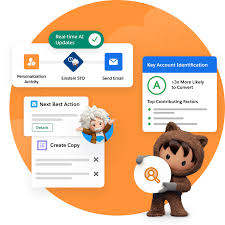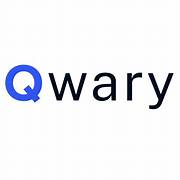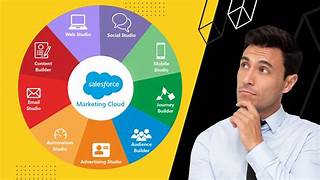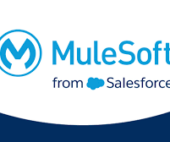How Skechers Solved Its Ecommerce Challenges
Skechers Boosts Direct-to-Consumer Sales with Ecommerce Platform Upgrades Skechers, now a global brand in 2024, credits its recent ecommerce platform upgrades for saving time and increasing direct-to-consumer sales. However, it wasn’t always equipped with the right technology to support its massive growth. During Salesforce’s Dreamforce conference in San Francisco, Eric Cheng, Skechers USA Inc.’s director of ecommerce architecture, shared insights into how key technology decisions helped the brand expand and enhance its website and content capabilities. “Today, we’re present in over 180 countries worldwide,” Cheng said, speaking on stage at the Moscone Center. Skechers’ journey began in 1992, and its expansion has taken the brand across borders, reaching millions of customers worldwide. “We connect hundreds of millions of customers through our retail stores and ecommerce platform to deliver a unique experience,” Cheng noted, emphasizing the need to meet the diverse demands of each market. Skechers ranks No. 273 in the Top 1000, Digital Commerce 360’s ranking of the largest North American e-retailers by online sales, where it is categorized as an Apparel & Accessories retailer. Digital Commerce 360 projects that Skechers will reach 0.65 million in online sales by 2024. Ecommerce Platform Challenges Cheng acknowledged that Skechers’ digital transformation wasn’t immediate: “The journey did not just happen overnight; it took time and effort.” Skechers faced challenges in three key areas: content management, scalability, and customer experience. The legacy system was inadequate, lacking robust tools for efficient content delivery, previewing scheduled content, and handling localization. As Cheng described, launching a marketing page often required the content team to be on standby at midnight—an unsustainable approach for 17 countries. How Skechers Solved Its Ecommerce Challenges To overcome these hurdles, Skechers partnered with Astound Digital. Together, they implemented Salesforce Service Cloud and Manhattan Active Omni for order management. Kyle Montgomery, senior vice president of commerce at Astound Digital, joined Cheng on stage and highlighted the goal: “Their vision was to unify, supply, and scale.” This transformation enabled Skechers to bring 17 countries in Europe, Japan, and North America onto a single platform. Jennifer Lane, Salesforce’s director of success guides, also emphasized the flexibility achieved using Salesforce’s Page Designer and localization solutions from Salesforce’s AppExchange. Integrations with Thomson Reuters for tax, CyberSource for payments, and Salesforce Marketing Cloud for personalization further enhanced Skechers’ capabilities. The Results Cheng highlighted three key improvements after the ecommerce overhaul. First, content creation and localization tools improved operational efficiency by over 500%. The time to launch in new markets was dramatically reduced from five months to just a few weeks. Additionally, Skechers saw a notable sales boost, with a 24.5% increase in its direct-to-consumer segment during Q1 2023. Skechers’ success demonstrates the significant impact of a well-executed ecommerce platform upgrade, allowing the brand to scale globally while improving customer experience and operational efficiency. Contact Tectonic to learn what Salesforce can do for you. Like Related Posts Salesforce OEM AppExchange Expanding its reach beyond CRM, Salesforce.com has launched a new service called AppExchange OEM Edition, aimed at non-CRM service providers. Read more The Salesforce Story In Marc Benioff’s own words How did salesforce.com grow from a start up in a rented apartment into the world’s Read more Salesforce Jigsaw Salesforce.com, a prominent figure in cloud computing, has finalized a deal to acquire Jigsaw, a wiki-style business contact database, for Read more Service Cloud with AI-Driven Intelligence Salesforce Enhances Service Cloud with AI-Driven Intelligence Engine Data science and analytics are rapidly becoming standard features in enterprise applications, Read more


